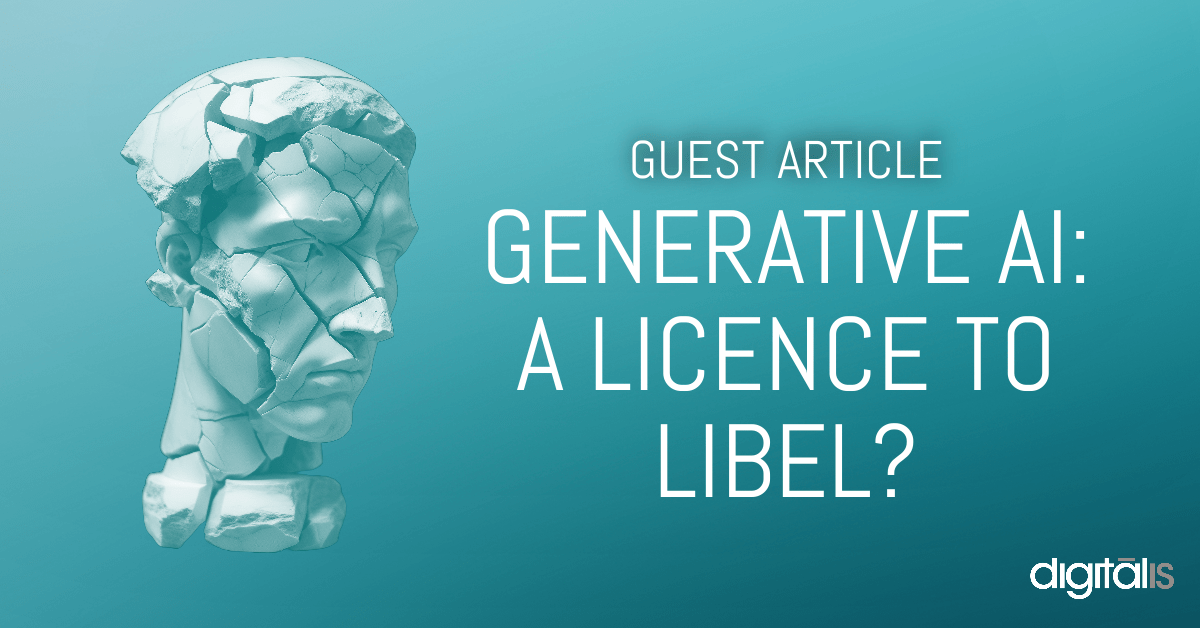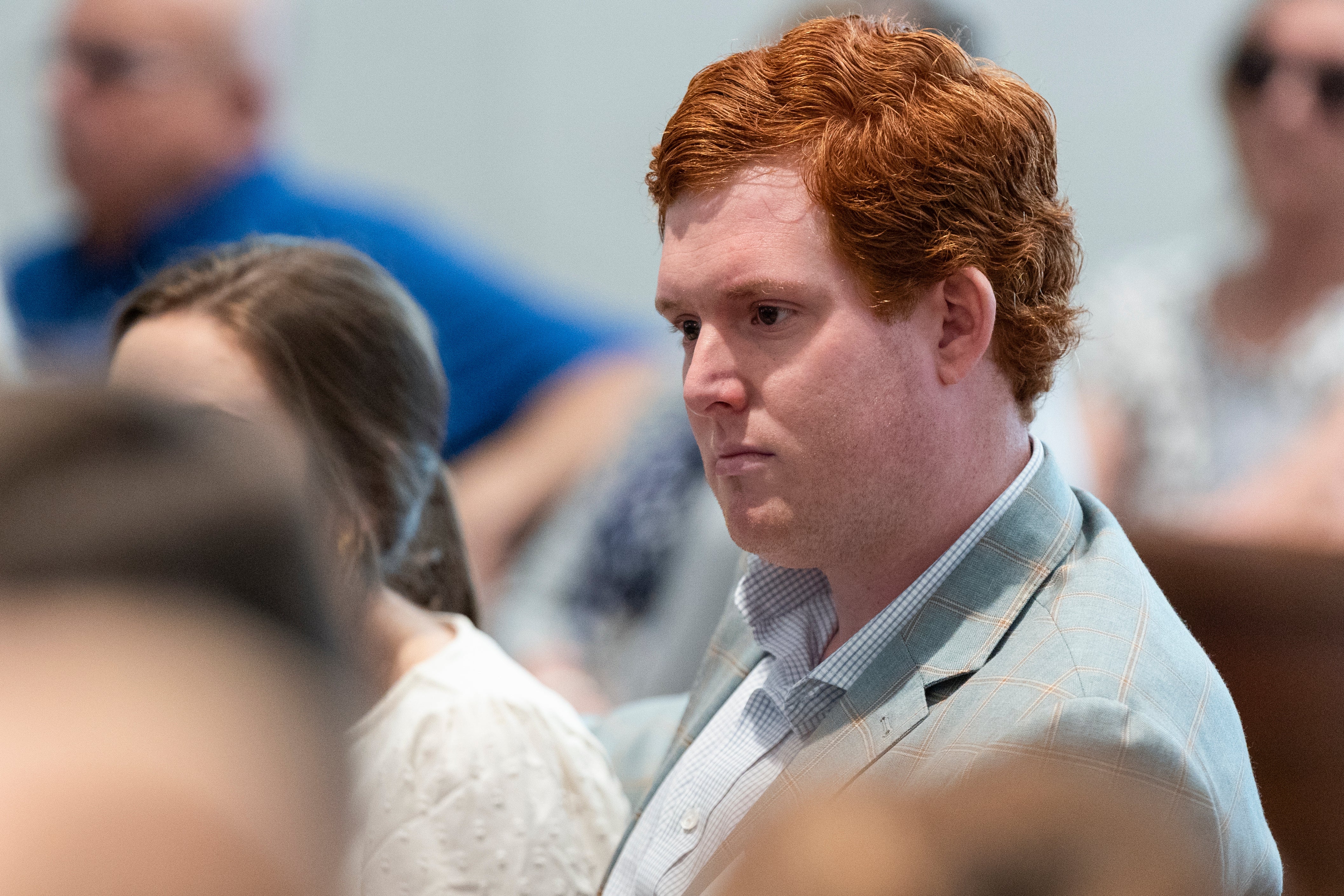AI & Your Business: Libel Risks | BCLP - Bryan Cave Leighton Paisner
As lawyers who often defend defamation suits, we know from experience that it’s not just media defendants who are sued for libel. Defamation suits are routinely filed against all sorts of businesses, arising from all kinds of content and communications. As the pressure to compete pushes more businesses to incorporate generative AI into their content-creation processes, it is important to be mindful of the different ways a libel lawsuit might arise. This applies to text, images, video, audio, and all other types of content and information.

Understanding the Risks
We expect to see a flurry of cases stemming from AI-generated content in the coming years falling into one of these four general categories:
- Libel by juxtaposition
- Libel by hallucination
This insight details some of the first U.S. lawsuits arising from AI and libel which both illustrate the first and second of these scenarios: libel by juxtaposition and libel by hallucination.
Case Study: Libel by Juxtaposition
This case alleges AI-generated libel-by-juxtaposition. According to the complaint, plaintiff Jeffery Battle, also known as “The Aerospace Professor,” is the president and CEO of Battle Enterprises and its subsidiary The Aerospace Professor Company. He is an honorably discharged US Air Force veteran and has been appointed as adjunct professor for Embry-Riddle Aeronautical University. Battle has a master of business administration in aviation and two bachelor of science degrees.

Battle’s complaint alleges that the Bing search engine generated false statements “conflating Mr. Battle with a person of a similar name, Jeffrey Leon Battle, who is a convicted terrorist, to the professional and personal detriment of Mr. Battle and his family.”
Specifically, when someone uses Bing to search plaintiff’s name, “Jeffery Battle,” the search engine generates a small blurb at the top of the search results which states:
“Jeffery Battle, also known as The Aerospace Professor, However, Battle was sentenced to eighteen years in prison after pleading guilty to seditious conspiracy and levying war against the United States. He had two years added to his sentence for refusing to testify before a grand jury.”
The complaint goes on to allege that “this blurb falsely and detrimentally states that Mr. Battle was sentenced to prison for seditious conspiracy and levying war against the United States and links to a Wikipedia page for Jeffrey Leon Battle, not Jeffery Battle. These false statements are reporting, ‘This summary was generated using AI based on multiple online sources. To view the original source information, use the “Learn more” links.’”
How did this alleged libel by juxtaposition case turn out? We may never know. On October 23, 2024, the United States District Court for the District of Maryland granted Microsoft’s motion to compel arbitration and stayed the matter pending the resolution of the parties’ arbitration.
In this alleged generative AI libel-by-hallucination case, plaintiff Mark Wal










